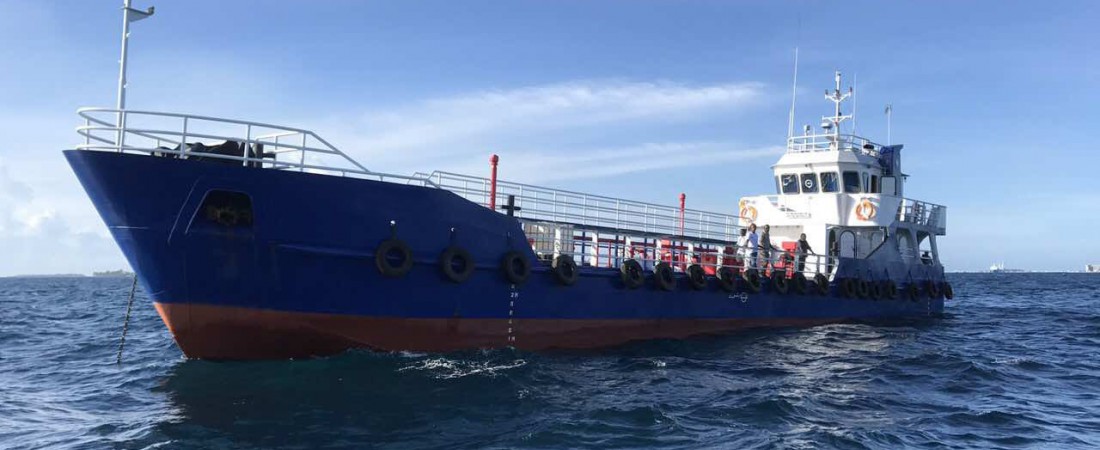
Self-propelled oil barges are an important component of the marine industry, used for the transportation of crude oil and refined petroleum products such as gasoline, diesel, and jet fuel. These barges have self-propulsion capabilities, which means they can move under their own power, without requiring tugs or other vessels to tow them.
Functionality:
Self-propelled oil barges typically feature powerful diesel engines and a propulsion system that consists of a propeller, rudder, and steering gear. The propulsion system allows the barge to maneuver through the water and travel at speeds of up to 15 knots, making them a versatile and efficient way to transport petroleum products.
In addition to their propulsion systems, self-propelled oil barges are also equipped with a variety of safety features, such as fire detection and extinguishing systems, and collision avoidance systems. These features help to ensure the safe transportation of oil and other hazardous materials.
Benefits:
One of the main benefits of self-propelled oil barges is their flexibility. Because they are self-propelled, they can operate independently and can be used to transport petroleum products to a variety of different locations. This flexibility is particularly important in areas where traditional shipping routes may be restricted or difficult to navigate.
Another benefit of self-propelled oil barges is their efficiency. Because they do not require tugs or other vessels to tow them, they can move more quickly and with greater agility than traditional barges. This can result in cost savings for both the barge operator and the customer.
Self-propelled oil barges are also environmentally friendly. Because they are more efficient than traditional barges, they require less fuel and produce fewer emissions. In addition, many self-propelled oil barges are equipped with advanced pollution prevention systems that help to reduce the risk of oil spills and other environmental incidents.
Conclusion:
Self-propelled oil barges are a critical component of the marine industry, providing a safe, efficient, and environmentally friendly way to transport petroleum products. With their powerful diesel engines, advanced safety features, and flexible operating capabilities, these barges are an essential part of the global petroleum supply chain.
If you are looking for a reliable and efficient way to transport petroleum products, self-propelled oil barges are a great option to consider. Whether you are transporting crude oil, gasoline, diesel, or other petroleum products, these barges offer a versatile and cost-effective solution for your transportation needs.
Dredgers are important machines used for excavation and land reclamation in water bodies. They come in different shapes, sizes, and types, depending on the specific purpose they are designed for. I....
Pilot boats play a vital role in ensuring the safety and efficiency of maritime transportation. These boats are designed to transport pilots to and from ships that require their expertise in navig....
Self-propelled barges are vessels that are designed to transport large quantities of cargo on inland waterways. These barges are propelled by their own engines, making them highly efficient and cos....
Barge/ Dumb Barge A barge is a flat-bottomed boat that is designed to transport goods or people on inland waterways or near-shore locations. Dumb barges, also known as unpowered barges, are t....